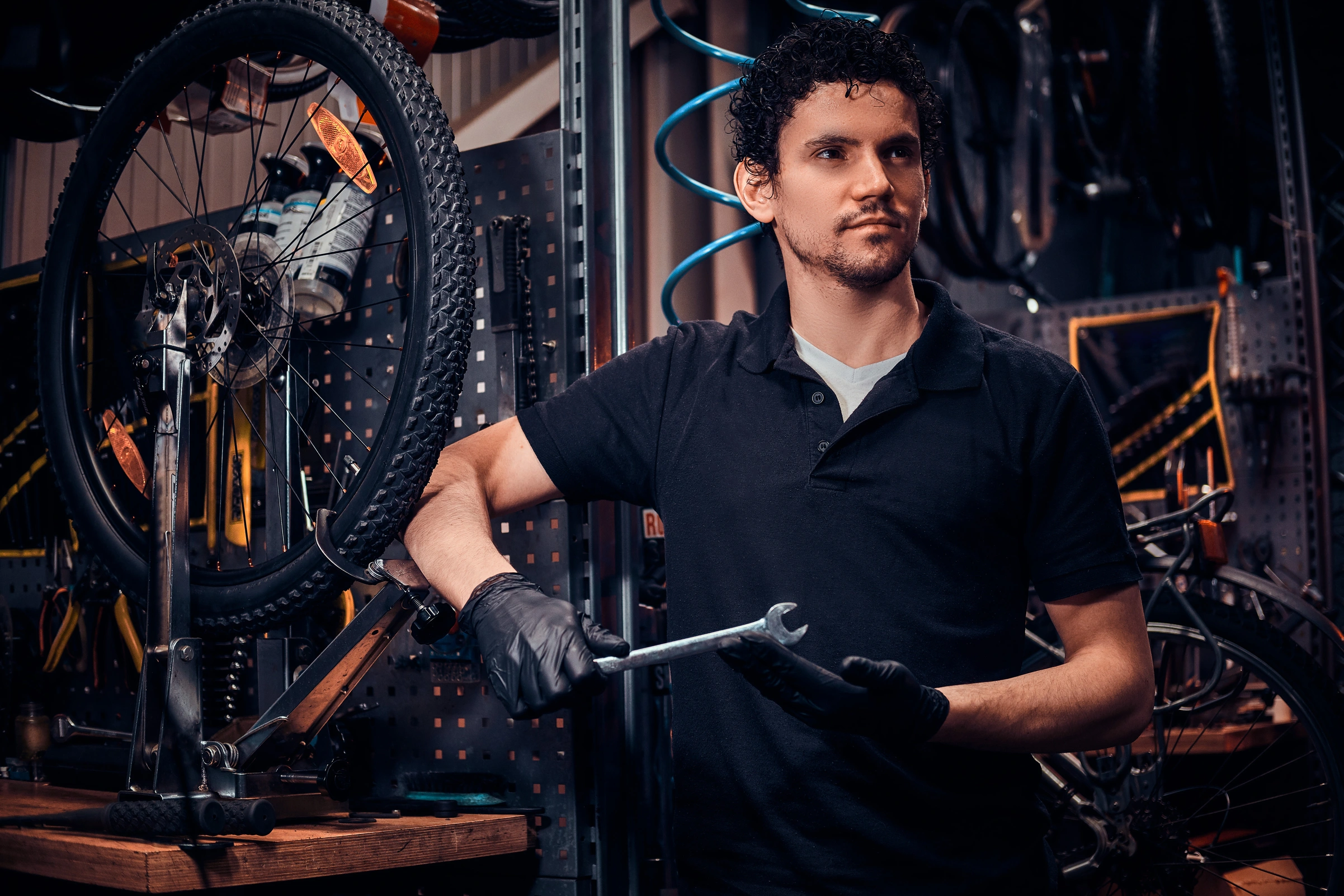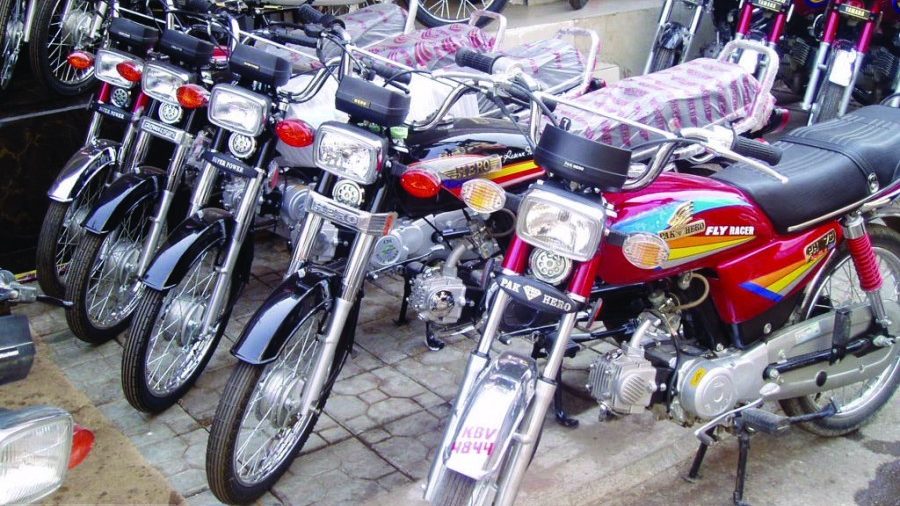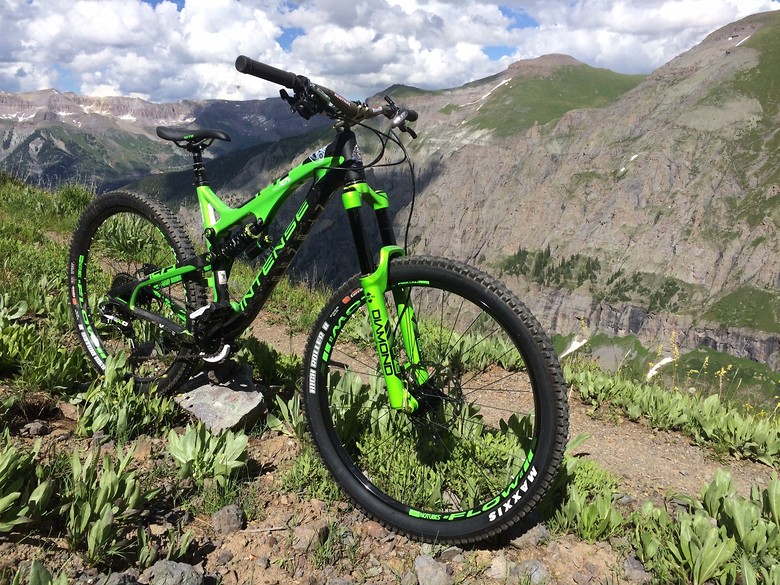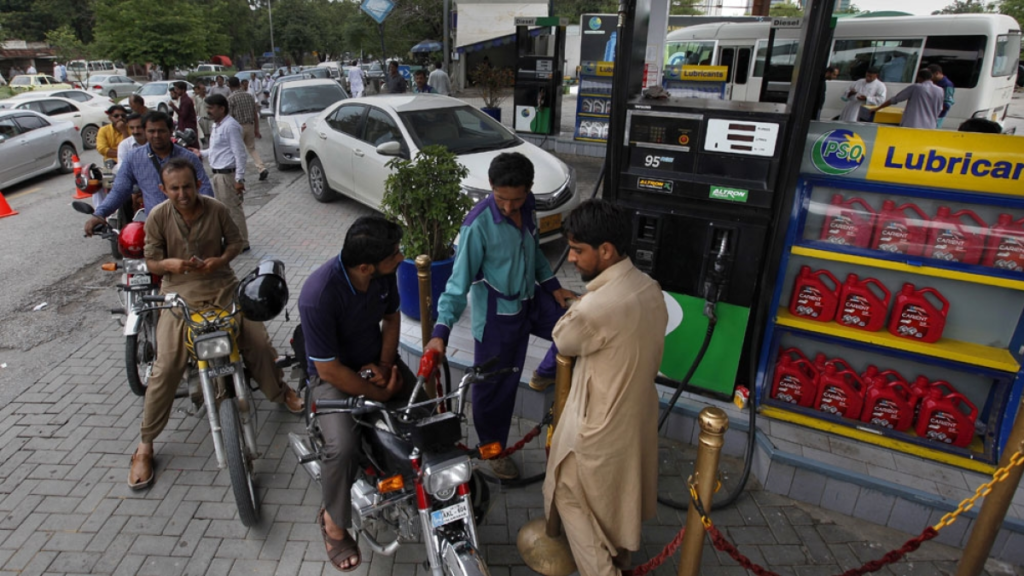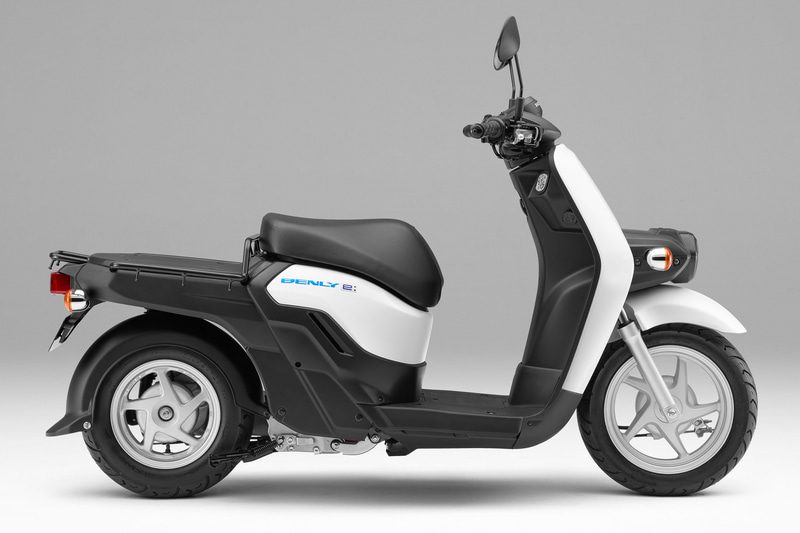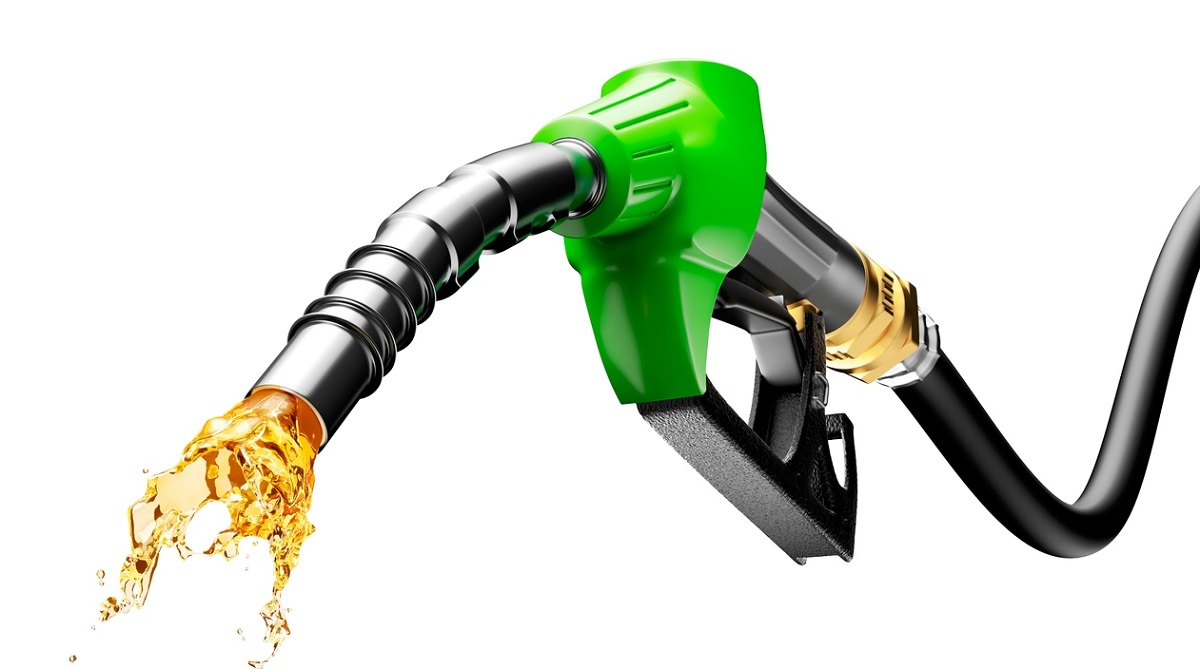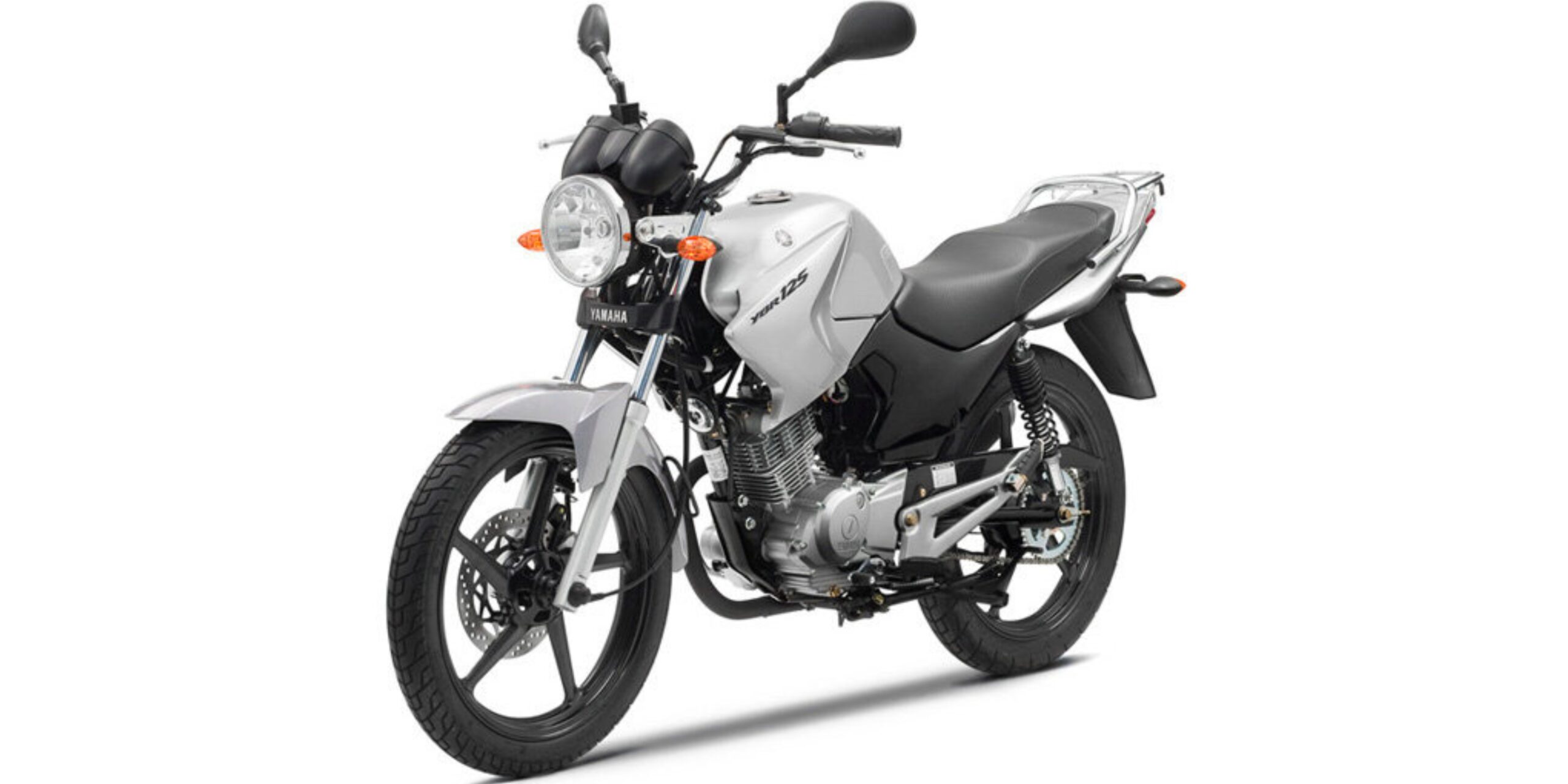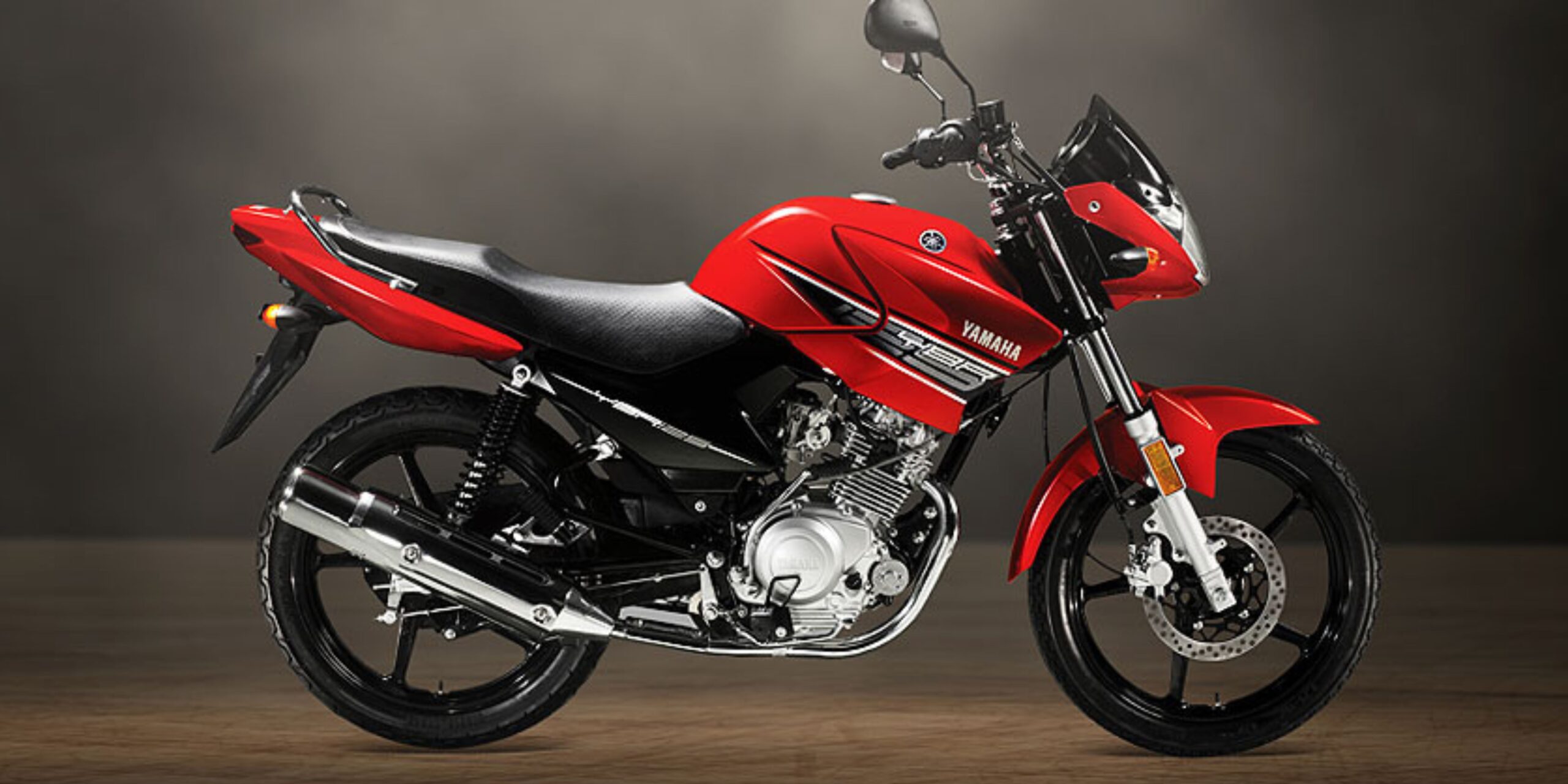In the world of cycling, your bike mechanic is akin to a trusted physician for your two-wheeled companion. Whether you’re an avid cyclist or an occasional rider, ensuring your bike gets the care it deserves is paramount. But how do you go about selecting the perfect bike mechanic who can diagnose, treat, and maintain your bicycle with expertise and precision?
In this comprehensive guide, we’ll navigate the essential steps to help you make that crucial decision. We’ll explore the qualities to look for in a bike mechanic, offer insights on researching and comparing your options, and provide a list of questions you should ask during the selection process. By the end, you’ll have the knowledge and confidence needed to choose a bike mechanic who will keep your ride in top-notch condition. Let’s dive in!
Here’s what we’ll cover:
Assessing Your Bike Maintenance Needs
To choose the right bike mechanic, it’s crucial to begin by assessing your bike’s maintenance needs. Regular maintenance is essential to keep your bicycle in peak condition and prevent costly repairs. Start by identifying common issues such as chain wear, tire condition, and brake performance. Consider your riding style and frequency. For daily commuters, maintenance might differ from occasional riders or competitive cyclists. Knowing your bike’s make and model is vital, as different brands may require specific expertise. Lastly, assess your own mechanical aptitude. Are you comfortable with basic bike repairs, or do you rely entirely on a mechanic’s skills?
Understanding your bike’s maintenance needs is the first step in finding the perfect bike mechanic. This knowledge will guide your search and help you select a professional who can meet your specific requirements.
Qualities to Look for in a Bike Mechanic
When choosing the right bike mechanic, certain qualities stand out as non-negotiable. First and foremost, experience is key. Look for mechanics with a proven track record of working on bikes similar to yours. Certifications from reputable organizations like the Bicycle Mechanics Institute (BMI) can be a reassuring sign of expertise.
Communication is another crucial aspect. A good mechanic should listen attentively to your concerns and explain repairs in a way you understand. Honesty and transparency are paramount. They should provide accurate estimates, recommend necessary repairs, and never push unnecessary services.
Don’t overlook the importance of a well-equipped workshop. Modern tools and a clean, organized workspace are indicators of professionalism. Finally, consider convenience and location. A mechanic close to your home or favorite riding routes can make routine maintenance more accessible.
Qualities like experience, communication, honesty, and a well-equipped workshop are essential when evaluating potential bike mechanics. These criteria will help you identify a mechanic who instills confidence and ensures your bike’s well-being.
Researching and Comparing Bike Mechanics
Now that you know what to look for in a bike mechanic, the next step is researching and comparing your options. Start by asking fellow cyclists for recommendations. Online forums and social media groups dedicated to cycling can be valuable sources of information.
When you’ve compiled a list of potential mechanics, visit their websites or social media profiles. Look for customer reviews and ratings. Pay attention to any specialties or areas of expertise they mention. Contact them to inquire about their availability and pricing structure.
Comparing mechanics side by side can help you make an informed decision. Consider factors like location, operating hours, and the types of services they offer. Remember that the best bike mechanic for you may not be the same as someone else’s, so choose one that aligns with your needs.
Thorough research and comparison are essential in finding the right bike mechanic. Take the time to explore recommendations, reviews, and services offered to narrow down your choices.
Questions to Ask During the Selection Process
As you approach the selection process, asking the right questions can help you gain further insight into your potential bike mechanic. Begin by inquiring about their experience with your bike’s make and model. Ask about their repair philosophy and approach to preventive maintenance.
Get clarity on pricing and estimates. Are there any additional fees for diagnostics or rush repairs? How do they handle unexpected issues that arise during a repair?
Ask about turnaround times and availability. A mechanic’s schedule should align with your needs to minimize downtime for your bike. Inquire about warranties or guarantees for their work, which reflects their confidence in their craftsmanship.
Finally, trust your gut. A mechanic who answers your questions openly and patiently is likely to be a reliable partner for your bike’s care.
Asking pertinent questions during the selection process helps you gain valuable insights into a mechanic’s expertise, pricing, and work ethics. It’s a critical step in making an informed choice.
Making Your Final Decision
After assessing your bike’s needs, identifying essential qualities, researching mechanics, and asking pertinent questions, it’s time to make your final decision. Take a moment to review your notes, weigh the pros and cons of each mechanic, and consider your budget.
Consider visiting the top contenders in person to see their workshop and meet them face to face. This can provide a sense of their professionalism and the environment in which your bike will be serviced.
Ultimately, trust your instincts. Choose the bike mechanic who not only meets your technical criteria but also makes you feel confident and comfortable entrusting them with your precious bike.
Your final decision should align with your research, budget, and your gut feeling. By following these steps, you’ll find the perfect bike mechanic to keep your ride in top-notch condition.

